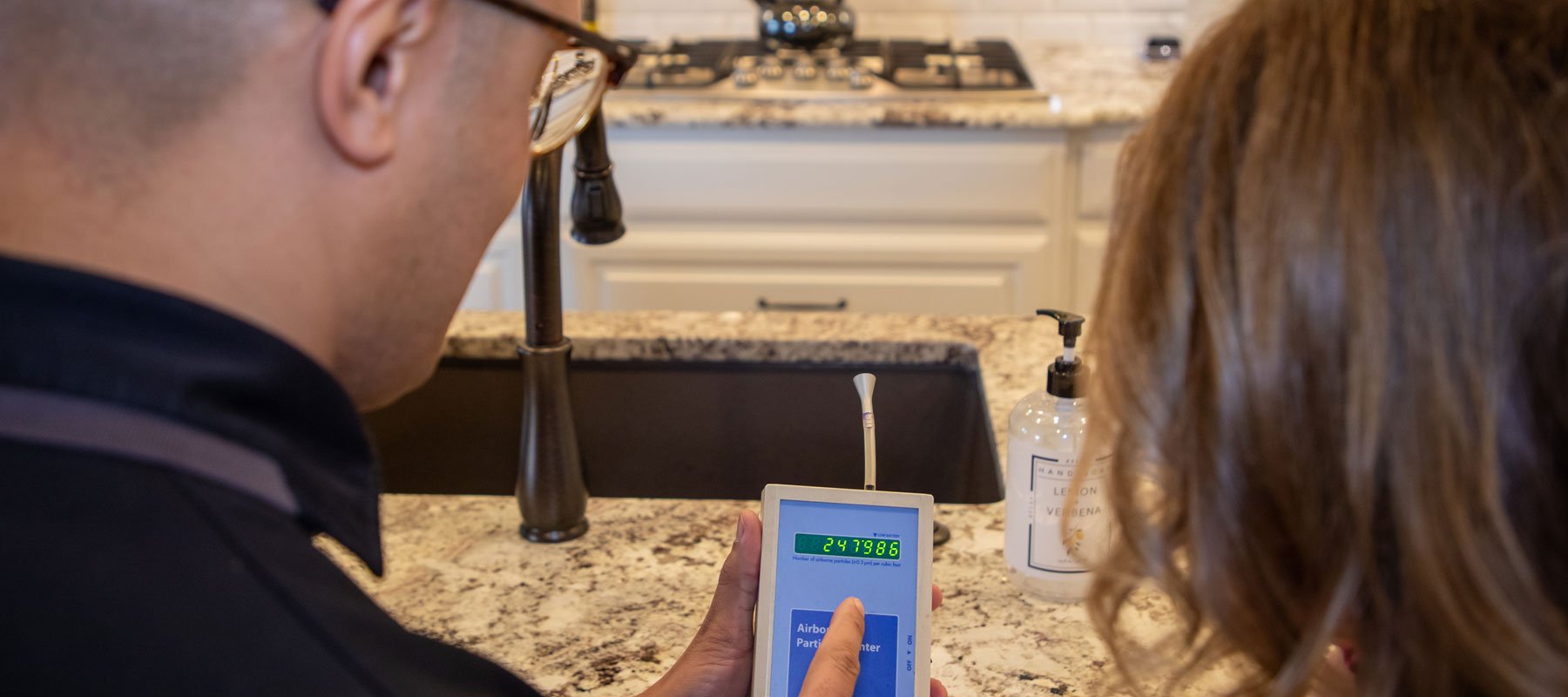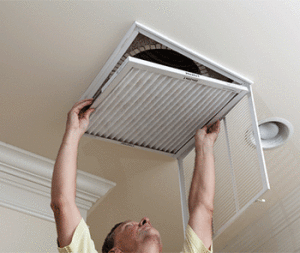Indoor air quality has a significant impact on health. Exposure to the pollutants in indoor air has been associated with sneezing, coughing, respiratory irritation, and more-severe long-term health issues like cancer and lung disease. High-quality air filters can improve the quality of your home's air. Call Air Assurance Co if you would like a no costs assessment and report of your indoor air quality, including VOCS, particulate count, CO2 and more.
How Air Filters Affect Air Quality
The air that your HVAC system circulates throughout your home passes through an air filter before it's distributed. The air filter captures large dirt particles, dust bunnies, hair, and lint. If you have a high-quality filter, it will also capture microscopic allergens. As a result, the high-quality filter leaves the air that's circulated throughout your home cleaner, healthier, and better for breathing.
Cheap fiberglass air filters only trap large particles. As a result, they don't boost your home's air quality. High-quality filters that also capture microscopic particles (helping improve indoor air quality) include:
Pleated electrostatic filters. Electrostatic filters consist of charged material that attracts oppositely charged particles. These filters capture tiny pollutants like smoke, bacteria, and allergens. Pleats improve their filtering performance.
HEPA filters. These utilize specially formulated filtration technology that captures up to 99.97% of airborne particles equal to or greater than 0.3 microns in diameter. As a result, they capture a wide variety of microscopic particles like mold spores, tobacco smoke, pollen grains, pet dander, bacteria, and some viruses.
Carbon filters. Carbon filters are specifically made to remove odors. They also remove gaseous vapors, smoke, and certain chemicals, such as volatile organic compounds (VOCs).
Air purifiers. Air purifiers use the same filtration types as HVAC air filters. They pull air from a room, pass it through a filter, and send purified air back to the room. Modern purifiers typically use a multilayer filter system comprising prefilters, carbon filters, antibacterial filters, and HEPA filters.
Considering the large volume of indoor air that passes through an air filter, well-maintained filters can have a significant positive impact on your home's air quality. Make sure you replace your filters regularly to keep them working efficiently. For the best indoor air-quality solutions in the Broken Arrow area, don't hesitate to contact us at Air Assurance.


